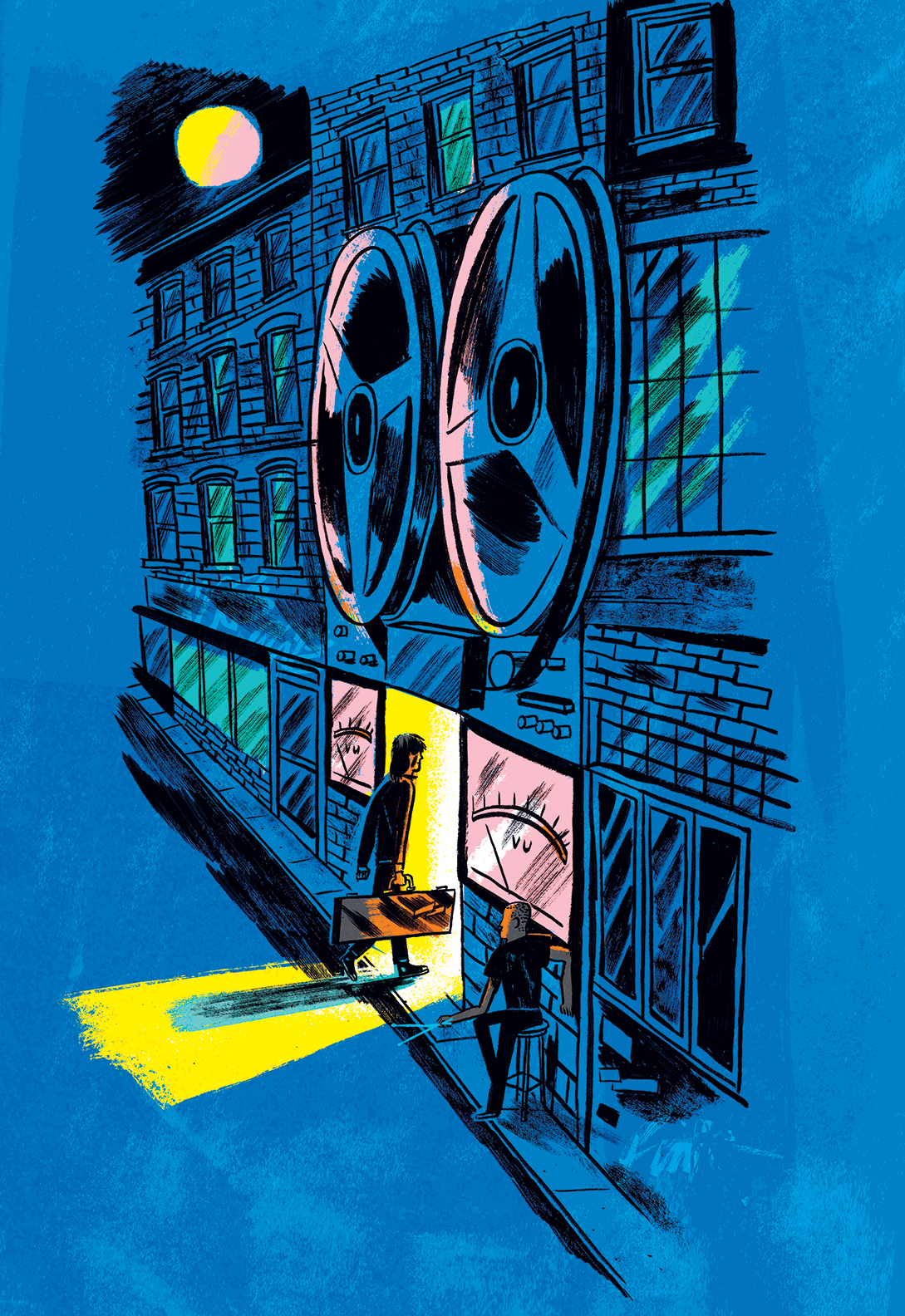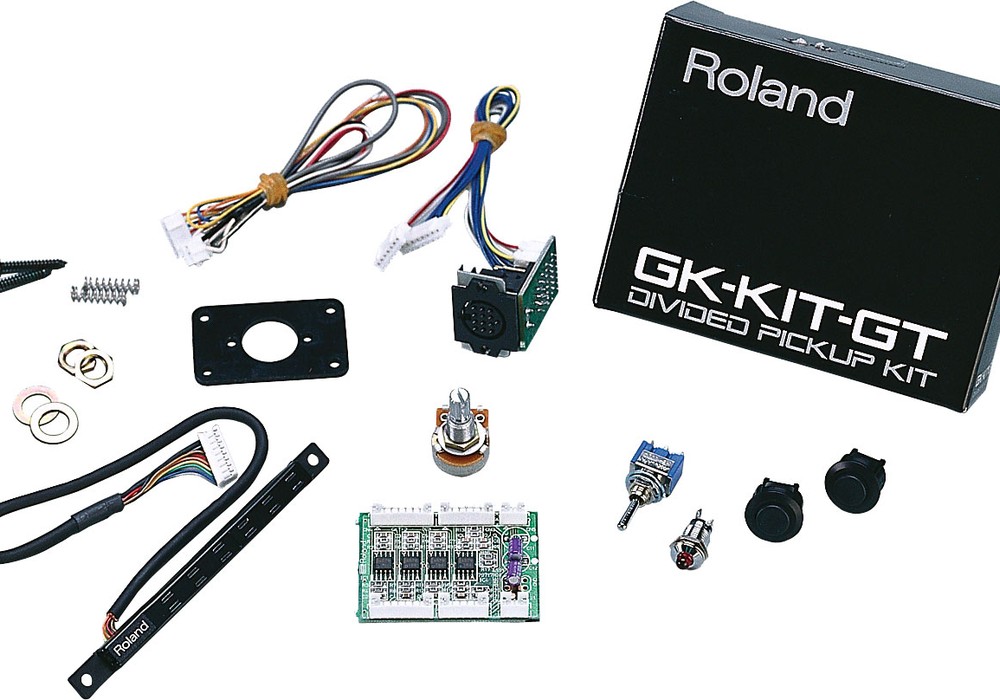So I was at the studio holiday party a while back. All the kids were looking at the vinyl releases on display. Out of curiosity, I surveyed, "What turntable do you use?" To my surprise, only one person of the two dozen I asked actually owned a record player. The rest purchased vinyl to support the band, to collect, or to hold onto until they got a player. For those interested in actually listening to their records, the main issues were the cost of new turntables, the rumored encumbrance that you can't "just plug it in to your stereo," and the trepidation of having to "adjust" the needle.
At that time, high-quality entry-level turntables sold for at least $500, so I understood the concerns. A few weeks later, I found a Kickstarter campaign for a Massachusetts-based startup, U-Turn Audio. The group was promising a turntable starting at $179. I signed up and waited (often impatiently) for the first models to ship. Fast forward to today, and I've lived with my U-Turn Orbit Plus for over a year. I am happy to report that a decent, affordable turntable is now available!
A lot goes into the final cost of a typical turntable: the actual parts, assembly, cosmetic features, marketing, and distributor fees. U-Turn, on the other hand, focuses on the guts of a basic player, minimizing spending on non-essential "looks only" features, and sells direct to the public. So, let me get to what's in the box.
The Orbit Basic model ships with a precision-gimbal tonearm, pre-installed Audio-Technica cartridge, low-resonance MDF platter, and vibration-damping feet. The external belt-drive system decouples the motor from the platter, improving isolation. Also included is a dust cover, felt mat, and RCA cables. Of critical importance, the cartridge comes factory installed and aligned. Likewise, an experienced human balances the tonearm to match stylus weight. While some savvy audiophiles enjoy setting azimuth and balance, and playing with gram weights and protractors (go for it!), some of us just want to play a record. Having the tonearm and cartridge already set up correctly on arrival is a big plus. All you need is a stereo receiver or amp with phono inputs, or a dedicated RIAA phono preamp, and you're ready to go.
My Orbit Plus deviated from the base configuration as I added some upgrades. First, I chose the acrylic platter over the stock MDF. It added about $75 to the price, but the improvement to low-frequency reproduction is noticeable. Additionally, these platters are machined in Ohio, making me think other manufacturers would charge a mint for a similar upgrade. I chose a Grado cartridge due to my familiarity with that company's line. I also added a cue lever. Larry Crane made fun of me over this option, but when vinyl-listening, I'm either too caffeinated or drunk to be trusted to safely "drop the needle," so I stand by my choice. U-Turn also convinced me to add their built-in preamp for the review. This allows the Orbit's RCA outputs to feed any line-level consumer audio device with standard unbalanced inputs. The built-in preamp can be bypassed should you choose to feed a different RIAA preamp.
Soundwise, the built-in preamp is a lot better than any entry preamp I've tried. I have four or five RIAA preamps at my disposal, ranging from $99 to $500 in price. It was not as "nice" sounding as my audiophile candidate, but cost almost nothing by comparison. Note that all Orbits, whether equipped with the internal preamp or not, are grounded through the shield conductor of the left RCA output, so no external ground wire is needed, assuming proper grounding of the receiving device.
In use, the U-Turn Orbit is a solid citizen, with quiet operation and stable playback speed. Both 33 and 45 RPM records sound great on it. The vibration-absorbing feet do a better job keeping outside rumble from influencing the table than what I've found on some more expensive tables. I really liked being able to play something out of the box and not have to worry about the cartridge and tonearm setup. Although I had no issues with my spindle, U-Turn replaced it during the review period with an improved design that improves speed performance. (This is now standard on all models, regardless of price.)
My reservations are as follows. The Orbit is limited to 33 and 45 RPM operation, and I confess that adjusting the belt to change speeds is not as simple as pushing the speed selector on a turntable with an electronically controlled motor. Shellacs running at 78 RPM are not an option. The dust cover has a hinge, but my lid was finicky about staying open. Fortunately, you can pop it off and set it aside easily. (According to U-Turn, I have the original lighter cover, and since 2016, the company has been shipping a heavier cover that stays propped back.) If you want to change the cartridge, you'll need to go through the alignment setup yourself, because the Orbit's tonearm doesn't utilize a detachable headshell (like the SME-mount headshells found on Technics turntables). Belt-drive tables do not get up to speed as fast as direct-drive ones, so the U-Turn is obviously not for DJ work. Finally, there is more than a 99.9% chance these were made by Patriots fans, so there's that to consider.
Undoubtedly there are more attractive and more accurate record players, but the quality that U-Turn provides at this price is unprecedented in the hi-fi market. While some enthusiasts may choose to spend double, triple, and even ten times more, the U-Turn Orbit proves you don't need to break the bank to own a quality turntable. Unless you know you want to spend a grand or more on a piece of furniture that also plays records, there is no reason to look past this model. I highly recommend a demo, but go ahead and pick the color you'll like, because you'll be keeping it.





_disp_horizontal_bw.jpg)